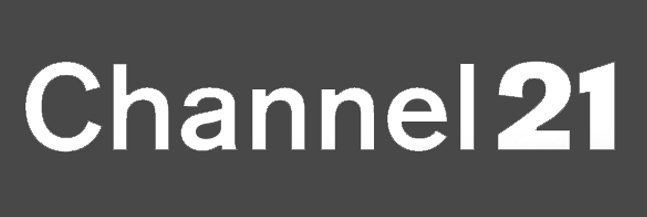A1 Telekom Austria Group has adopted a strategy of ‘super aggregation’ for its content, which is paying dividends for the pan-regional telco, says Elena Petrova, head of group content and broadcasting, international business.
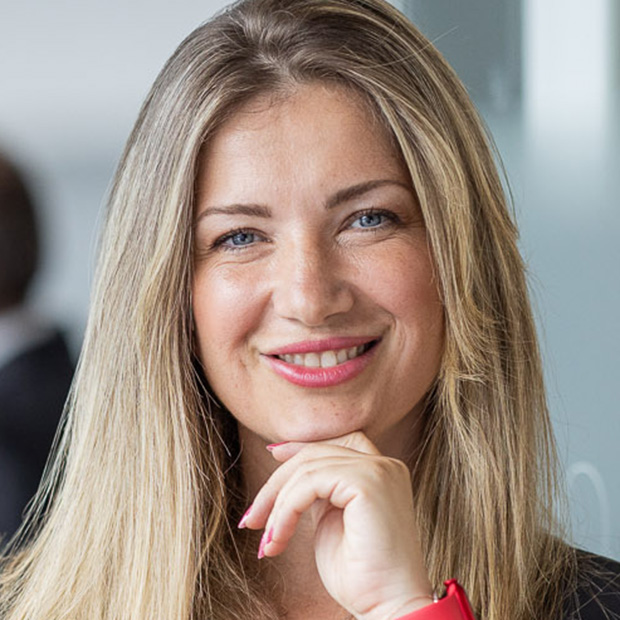
Elena Petrova
‘Super aggregation’ is at the core of A1 Telekom Austria Group’s strategy across Central and Eastern Europe (CEE). It is focused on simplifying the user experience and eliminating the ‘too much choice’ and ‘where is it?’ dilemmas customers often encounter when searching for content. In addition, it acknowledges that balancing price and content quality is crucial for success.
Vienna-based A1 Group is majority-owned by the Mexican conglomerate América Móvil. According to Elena Petrova, head of group content and broadcasting, international business, has some 29 million subscribers.
The company currently has a presence in seven markets: Austria, Belarus, Bulgaria, Croatia, North Macedonia, Serbia and Slovenia. The platforms it operates vary from country to country, with Bulgaria and Croatia, for instance, being served by DTH satellite TV and the others via cable, IPTV and OTT services.
Petrova says A1 Group began working on its super-aggregation strategy in 2023, and one of the key milestones to date has been an agreement it reached with Netflix last October. The streaming service was initially launched in Austria and subsequently its other markets except Belarus, with the roll-out completed with its debut in North Macedonia in April this year.
“The idea is to bundle the streaming service with our core product – broadband and mobile services. The proposition is different in different markets, with the marketing campaign dependent on local flavours,” Petrova explains.
In practice, A1 Group’s mobile and fixed service customers can access Netflix from any of their screens. In addition, Netflix has been integrated into the set-top boxes used by A1 Group for its advanced television service A1 Xplore TV. This has been done with the assistance of Belgium-based technology company Zappware, which initially partnered with A1 Group in 2019 to launch A1 Xplore TV in Bulgaria, followed by other markets in its footprint.
Looking to the future, Petrova says A1 Group plans to “aggregate more streaming platforms and provide a variety of options to our customers.” It has already started to work with France’s Canal+ and set up a joint venture in Austria, with the cooperation getting under way at the beginning of 2022.

A1 Group’s sports rights include the UEFA Champions League
The exec also underlines the fact that A1 Group does not produce its own content other than in Bulgaria, where it is focused on sports and has four proprietary channels. Operating under the Max brand, they are also made available to other operators and hold the Bulgarian rights to an extensive list of sports events.
These include several leading football leagues and UEFA club competitions, among them the Champions League, which it holds jointly with Bulgarian national commercial broadcaster bTV and renewed for a further three years in May 2024. Earlier in the year, A1 Group also signed an extension to the broadcasting rights for events held by UFC, the US mixed martial arts organisation.
Petrova cites another example of aggregation as being a business-to-business (B2B) white label OTT platform in the cloud that A1 Group launched in May this year in partnership with UniqCast. The platform targets operators, broadcasters and content owners, offering a solution that includes up to 60 international TV channels. It is also available worldwide, “for example, to TV content houses that would like to upload their content on a streaming platform.”
“We provide this possibility,” she adds, “by integrating VoD content, linear content and providing billing services system for them so they can go business-to-consumer and provide it to their audience. Or some of the content houses prefer to make it B2B and work with operators. They can still use our platform with their logo, their brand.”
Petrova adds that another possible scenario for its use is by operators that would like to launch streaming services, but also like to have some content on top. “This is actually the platform for them,” she says.
Ultimately, A1 Group is focusing on taking away all the burden on the technical side, offering its customers a low CapEx platform with a flexible pay-as-you-grow model that is also quick to market. This makes it accessible to even small operators, and while they will still be responsible for “aggregating or negotiating with local content providers and, of course, their local marketing strategy, we’re taking responsibility for everything else.”
Petrova believes that, from an operator’s perspective, one of the biggest challenges A1 Group and other telcos currently face is how to retain customers and prevent churn. Given that “competition is developing, and it was a different landscape in the past,” they also have to stay up to date and attract new customers. “It’s really important for us to keep customers and increase the value for customers,” she adds.
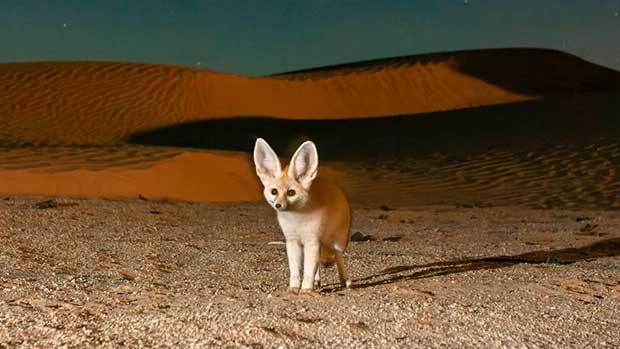
The company offers titles such as Mammals through its deal with BBC Studios
Furthermore, there is constant change in viewership behaviour, and audiences like a personalised approach. “So there is definitely a tendency towards personalisation of content, and we are also trying to respond to these requirements,” the exec notes.
When it comes to opportunities, Petrova believes that, on the streaming side, variety of content is key. “I can see the quality of content is increasing as well, thanks maybe to this increased competition. There are so many new streaming services and I can see that some linear channels are being launched as well.”
Petrova also stresses the importance of partnerships and finding models “with streaming providers, with content providers, because we all have the same customers and we need to find the right way to reach them.”
One such partnership is with the UK’s BBC Studios, which includes the distribution of the channels BBC Earth and BBC First on its pay TV platforms until 2025 as well as providing technical satellite services for BBC First in CEE, excluding Poland, within the Eutelsat 16A satellite.
Petrova additionally points to the fact that having initially been sidelined by streamers, telcos are now seen by them as valuable partners. Besides bringing long-standing customers, they also attract new users who prefer to subscribe through trusted providers rather than directly. This has certainly been the case since A1 Group added Netflix to its offer, highlighting the trust it has built with its customers.
Going forward, Petrova expects A1 Group to continue with a strategy that includes content personalisation, streaming partnerships and aggregation. She also believes there may be market consolidation, especially among larger companies.





















